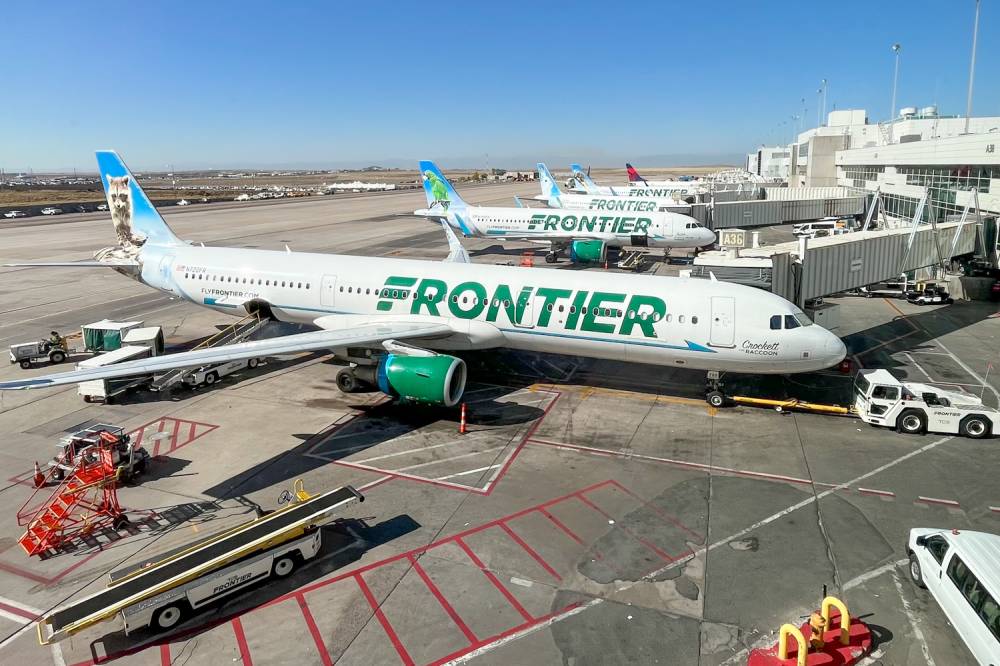Michael Leskinen recently stated that the USA's 1,500-hour pilot rule is responsible for a shift in the country's airline industry, which he terms a "new paradigm."
Leskinen supported his statements by highlighting the significant developments currently underway in the US airline industry. He also cited the challenge faced by carriers in expanding their fleets due to delivery commitments not being met by major aircraft manufacturers like Airbus and Boeing. Leskinen attributed this to supply constraints in the aerospace manufacturing industry.
Furthermore, Leskinen believes that the limited supply of pilots will have a detrimental effect in the near term on the cost advantage enjoyed by ultra-low-cost carriers (ULCCs) and low-cost carriers (LCCs). The pilot shortage has pushed up salaries, especially at the entry-level. As a result, these carriers may find it increasingly challenging to maintain their competitive edge against full-service airlines.
US airlines, particularly regional carriers, have raised salaries and are offering lucrative bonuses of up to $100,000 in their quest for new pilots. Meanwhile, major legacy airlines such as American Airlines, Delta Air Lines, and United are presently in discussions with their pilots' unions to establish new contracts. On the other hand, some ultra-discount carriers have a few more years to go before their pilots' contracts are subject to revision.
Leskinen attributes the pilot shortage to the relatively rigorous new-pilot experience requirement in the United States. Since 2013, this rule, with a few exceptions, has mandated that new pilots must have at least 1,500 hours of flight time before joining an airline. The previous requirement was a minimum of 250 hours.

